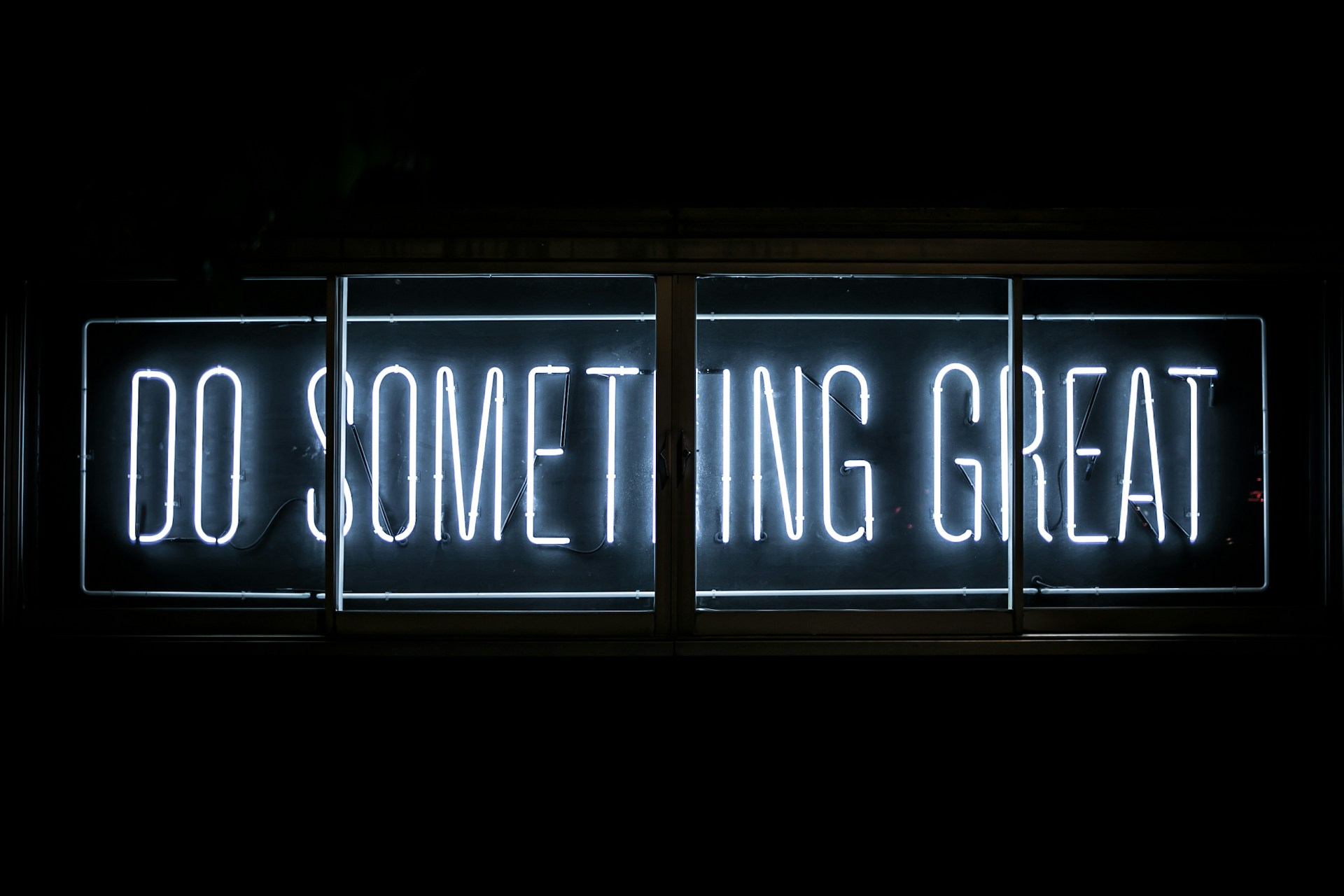
LINIAJ Values: Family and Community (Part 1 of 5)
LINIAJ wants to share our values with our audience. Here we discuss how we prioritize people as an important pillar to what we're building for our leaders
Jeffrey P.
5/29/20255 min read


Friends as Family: The Power of Social Connections in Building Community
In a world that often feels fast-paced and disconnected, the importance of meaningful relationships cannot be overstated. While family ties remain strong for many, friends often step in to fill the gaps left by distance, lifestyle changes, or even strained familial relationships. The saying "friends are the family we choose" holds more truth than ever, especially for young adults navigating the complexities of high school, college, and early adulthood. The bonds we form with friends not only shape our personal lives but also contribute to the larger fabric of our communities.
The Science Behind Friendships and Social Bonds
Social psychology has long emphasized the significance of human connection. According to research by Julianne Holt-Lunstad, a professor of psychology and neuroscience, strong social relationships can increase lifespan and reduce the risk of mortality by up to 50%. This is comparable to the benefits of quitting smoking or engaging in regular physical activity. Friendships play a crucial role in emotional support, mental well-being, and overall life satisfaction.
Another well-documented psychological principle, the Social Identity Theory, explains how our sense of self is shaped by the groups we belong to. Whether through shared interests, common experiences, or mutual support, friendships provide a sense of belonging that strengthens our identity and self-esteem. This is especially important for young adults transitioning into independence, as they build a support system beyond their biological family.
I was talking with another educator about reestablishing social networks in a new environment. She is about to transfer schools and was curious about my thoughts on how to establish new networks. I believe in Social Identity Theory to the point where I believe the top five people we associate with the most create much of our social personality. If your core group of friends is a bunch of Debbie Downers, it is fair to assume you would share their outlook; some, if not most of the time.
Friends as Family: A Lifeline in Adulthood
During high school and college, many young people experience shifts in their relationships with biological family members. Whether due to moving away for school, personal differences, or the natural desire for independence, the traditional family structure may no longer provide the same level of daily support. This is where friendships become a lifeline.
Unlike familial relationships, which are often maintained out of obligation, friendships are entirely voluntary. This means that the bonds we form with close friends are built on mutual respect, shared experiences, and emotional investment. These relationships provide a level of emotional security that is vital for navigating the challenges of young adulthood.
Consider, for example, the experience of transitioning to college life. Many students leave behind their hometowns, childhood friends, and family to embark on a journey of self-discovery. Having a strong social circle in a new environment helps ease feelings of loneliness and isolation. A study published in the Journal of Adolescence found that young adults who have supportive friendships experience lower levels of anxiety and depression compared to those with weaker social ties. This demonstrates that friends act as a buffer against the mental health challenges that often accompany major life transitions.
When I left teaching to become a college admissions counselor, I sacrificed my community for a higher salary. That transition reinforced an important value that I lost sight of during that time. Money comes and goes, but connections last longer. Being around great people in the worst circumstance is better than being surrounded by the worst people in a great circumstance. It’s true for veterans, teachers, and many other professions where the job is thankless, but the memories are priceless.
The Role of Friends in Building Community
Friendships extend beyond individual well-being; they are instrumental in fostering a sense of community. When people form close friendships, they often introduce one another to new social circles, activities, and community initiatives. These connections create a network of mutual support, leading to stronger, more vibrant communities.
One clear example is the role of friendships in activism and community service. Young people who are socially engaged often do so because of the encouragement and involvement of their friends. Whether it’s volunteering at a local shelter, participating in a social justice movement, or organizing campus events, friendships serve as a catalyst for collective action.
Additionally, friendships help bridge cultural, racial, and socioeconomic divides. Unlike family, where relationships are typically formed within a set structure, friendships allow individuals to connect across different backgrounds. These diverse connections foster greater empathy, cultural awareness, and social harmony, making communities more inclusive and welcoming.
My psychology background made me good at college admissions, but I did not enjoy what I did nor who I worked for. My closest friends suggested to me that I stop doing what I’m good at and instead do what makes the best version of myself. It was lost on me that being good at a role doesn’t give me purpose, but my title gives me a sense of being. Since leaving the cold cubicles of college admissions, I’ve grown my teacher network tremendously. I maintained the relationships I made working in public school and cultivated new friendships while working in private school.
Maintaining Meaningful Friendships in the Digital Age
In today’s digital world, social media has changed the way people connect. While technology allows for instant communication, it also presents challenges in maintaining deep and meaningful relationships. A study by Jean Twenge, a psychologist studying generational behavior, found that excessive social media use is linked to increased feelings of loneliness and depression among young adults. This highlights the importance of balancing online interactions with real-life connections.
To cultivate strong friendships, it’s essential to prioritize face-to-face interactions when possible. Simple acts such as scheduling regular meetups, having in-depth conversations, and engaging in shared activities strengthen bonds in ways that digital communication cannot replicate. Even in long-distance friendships, video calls and thoughtful messages can help maintain a sense of closeness.
I have maintained a relationship with some of my Day 1 military friends through a WhatsApp Group chat we call “We Ain’t Shit.” It is by far the greatest and strongest bong I have with my best and close friends who are scattered across the world. With one living in Europe, another in Texas and two of us in Florida, we chop it up on a global scale. We occasionally get to see each other in person, but the notification chime gives us all a sense of connection that is essential in today’s world.
Conclusion: Choosing Your Family and Building Your Community
The idea that "friends are family" is more than just a comforting phrase—it is a fundamental truth backed by psychology and lived experiences. Friendships provide emotional support, shape our identities, and help us navigate life’s challenges. They also play a crucial role in building strong communities by fostering inclusivity, encouraging civic engagement, and bridging social divides.
For young adults, investing in friendships is an investment in their future. The relationships built during high school and college often extend into adulthood, forming a lasting foundation of support and belonging. By choosing the right friends—those who uplift, challenge, and inspire—we not only enrich our own lives but also contribute to a stronger, more connected world.
Sources
Holt-Lunstad, J., Smith, T. B., & Layton, J. B. (2010). "Social Relationships and Mortality Risk: A Meta-analytic Review." PLoS Medicine.
Tajfel, H., & Turner, J. C. (1979). "An Integrative Theory of Intergroup Conflict." The Social Psychology of Intergroup Relations.
Journal of Adolescence (2015). "The Impact of Social Support on Mental Health in Young Adults."
Twenge, J. M. (2017). iGen: Why Today’s Super-Connected Kids Are Growing Up Less Rebellious, More Tolerant, Less Happy—and Completely Unprepared for Adulthood.
American Psychological Association (2021). "The Role of Social Bonds in Psychological Well-being."
